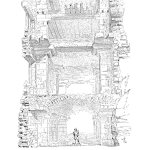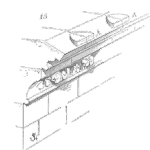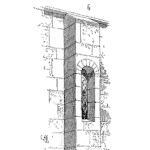
There are two instances when you should implement preventative action. First, once a failure occurs and you would like to avoid similar future failures. Second, before a failure occurs, yet an undesired failure mechanism is likely to occur.
Like corrective action there is a wide range of possible preventative actions. The selection of the right actions requires considering customer expectations, business and legal factors, along with the technical and economic feasibility. [Read more…]













